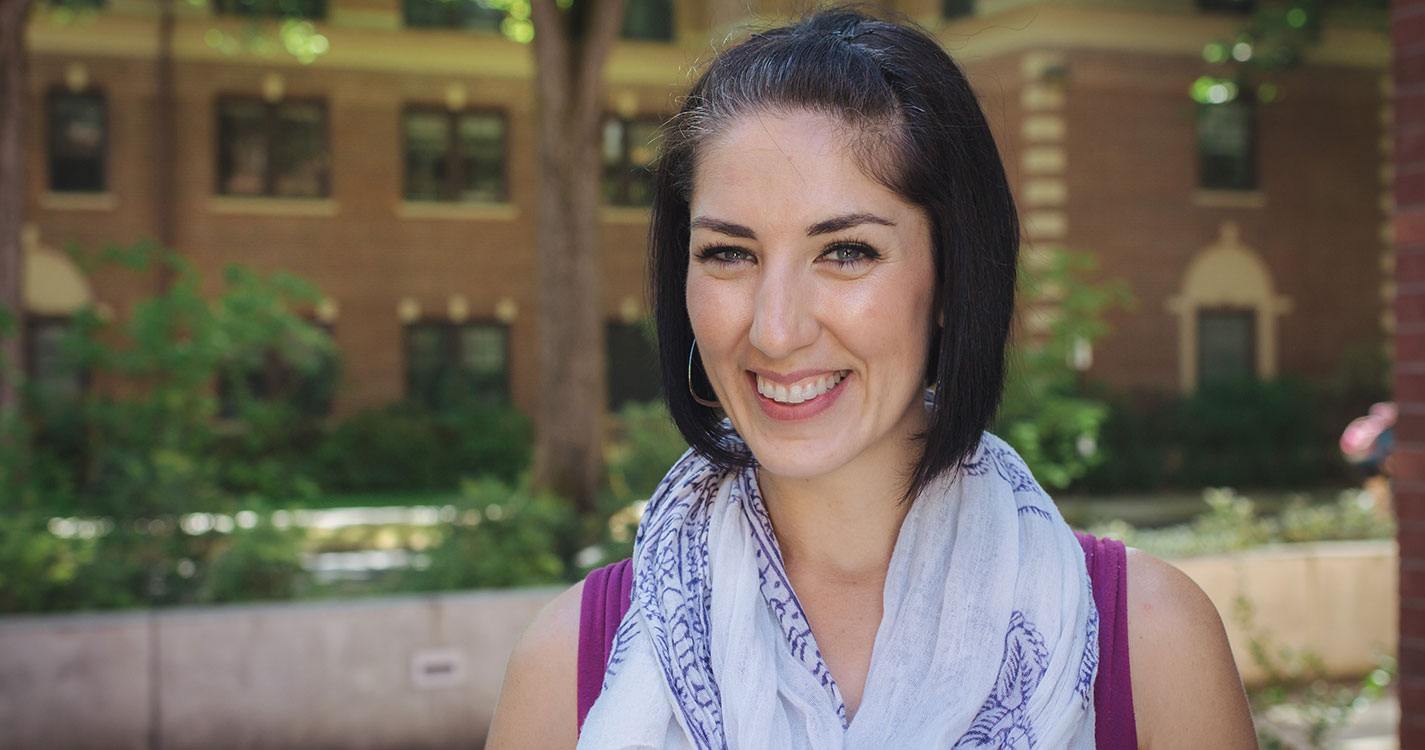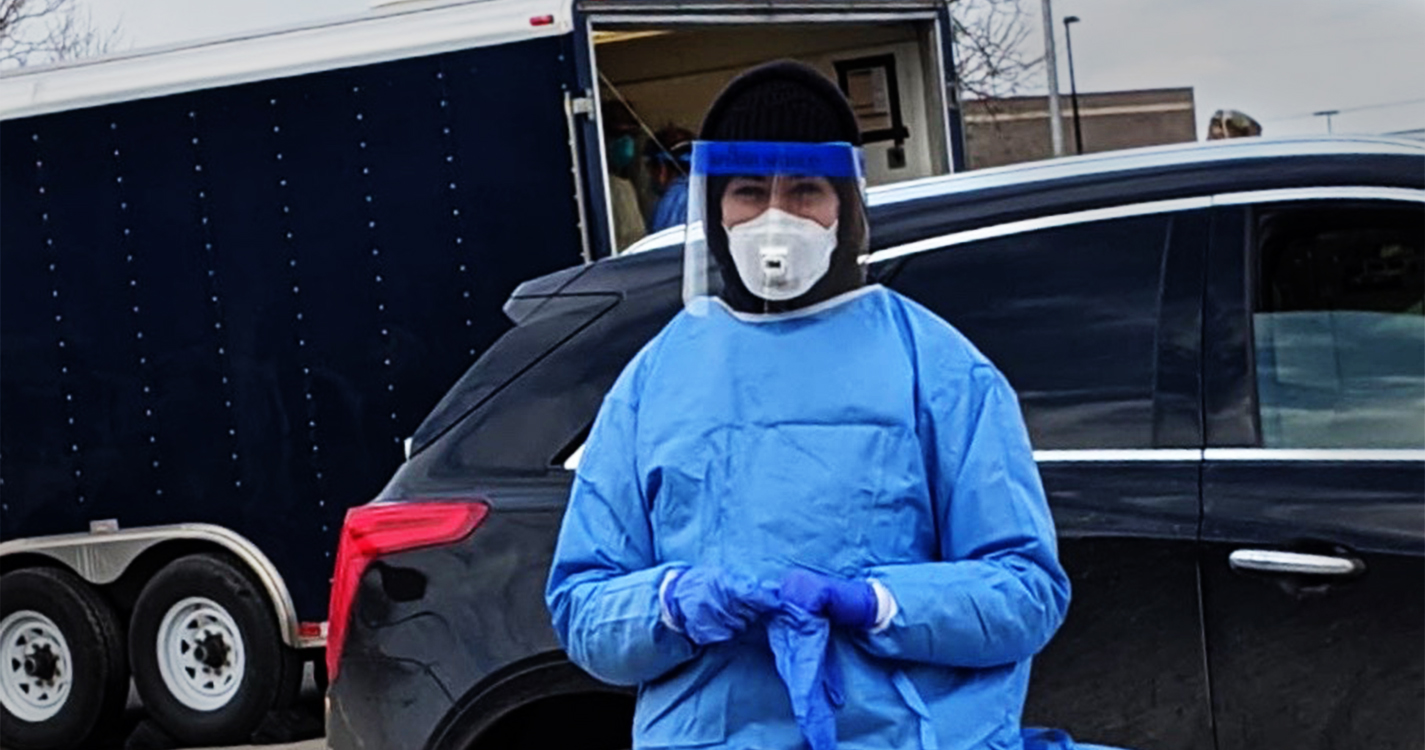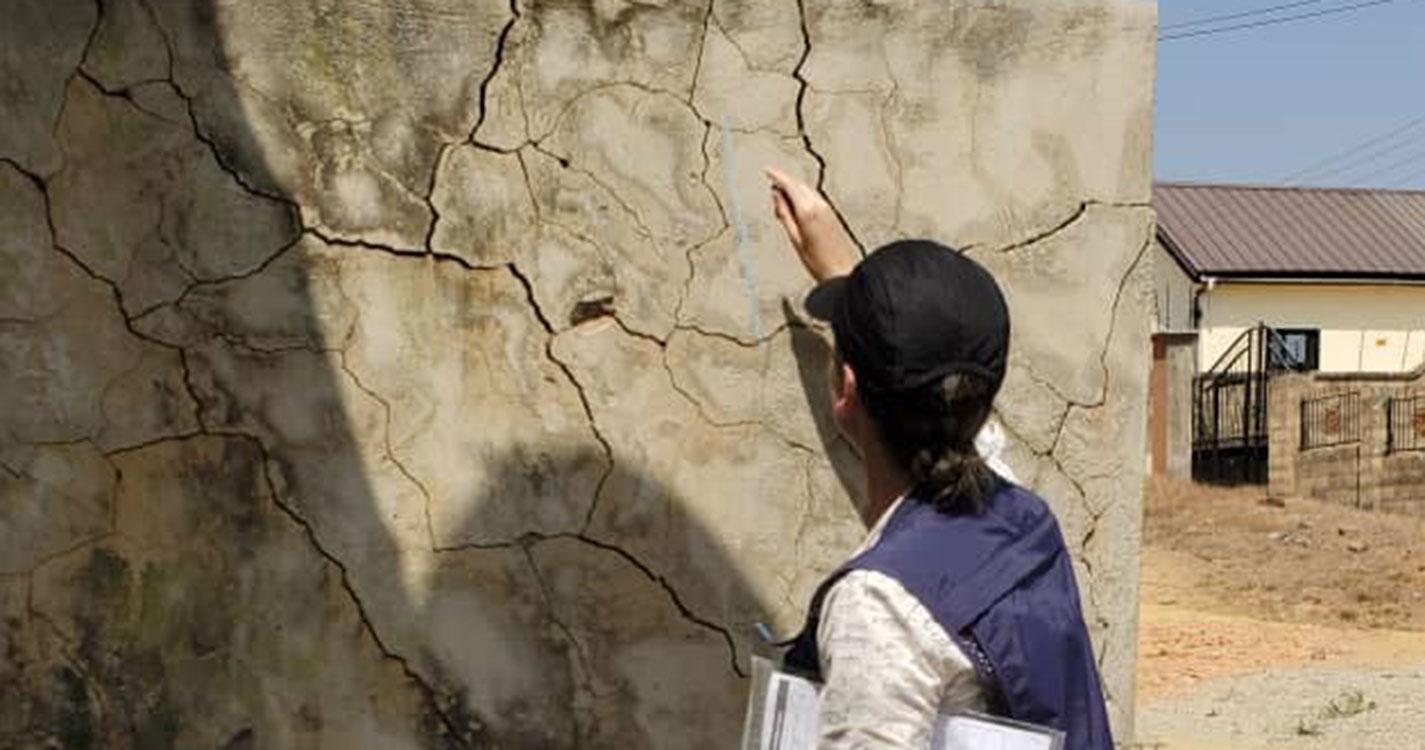Just as COVID-19 began to explode in the Seattle area — the first report in America of the novel coronavirus that has since ballooned into a pandemic, forced billions of people into lockdown and claimed thousands of lives and counting — Lisa Oakley ’04 was at the epicenter.
Oakley is a member of the Centers for Disease Control and Prevention’s elite Epidemic Intelligence Service (EIS). She’s among 130 disease detectives who serve on the front lines of public health by investigating threats like infectious disease outbreaks. Her team’s work has altered the daily life of millions of people.
As COVID-19 continues to spread, the importance of protecting community health through prevention, education, policy and research — and the value of and desperate need for innovative public health employees — has not for a century been so evident.
By completing the EIS program, Oakley is adding epidemiological skills to her resume that further diversify her varied public health experience.
“Whether you enter public health, medicine or another health-related field, an arts and science background provides you with a broader understanding of the connectedness of our lives and the individual, community and societal influences on our health and happiness,” she said.
A balanced education
Oakley didn't’t want to study only the hard sciences, so she added a philosophy major to her involvement with the pre-health program.
She chose Willamette because she could study the breadth of knowledge and human experience: an education that included biology and chemistry but also sociology and literature.
“Courses in poetry, music and psychology planted the seeds for what would become my interest in health at the societal level and issues of health equity,” she said, while philosophy taught her the critical thinking skills she uses today.
For a long time, she thought medicine best contributed to the health of people in society. But once she discovered public health, she felt at home.
“For the first time, I found a field that brought together my interests in medicine, biology, equity and the social and behavioral sciences,” she said.
After she graduated, she spent several months volunteering for Community AIDS Response in Johannesburg, assisting in the prevention, support and treatment of South Africans and migrants with HIV and tuberculosis. She then accumulated a few degrees: an MPH in International Health from Oregon State University (OSU) in Corvallis, a PhD in Behavioral Science and Health Education from Emory University in Atlanta, Georgia, then back to OSU for a postdoctoral fellowship on the impact of Medicaid expansion on women of reproductive age.
Investigating the outbreak
In 2018 she applied to the EIS program, a highly competitive, two-year postgraduate fellowship in applied epidemiology.
Eligibility required high academic achievement, proven flexibility, resourcefulness and leadership abilities. Of roughly 500 people who applied that year, Oakley was among 65 selected.
Since she was assigned to Kaiser Permanente Southern California’s Department of Research and Evaluation in Pasadena, she worked on last year’s outbreak of lung injury associated with e-cigarettes in the U.S. and the polio outbreak and supplemental vaccination campaign in Ghana. Then the pandemic happened.
In early March, she was deployed to Seattle to support King County’s public health department. An investigation by her team found nearly half of COVID-19 residents in a long-term care facility were asymptomatic, an understanding that later prompted social-distancing requirements and face-covering recommendations across the nation.
Her team also conducted patient interviews, identified the potential spread of COVID-19 through contact tracing and gave guidance on personal protective equipment for healthcare personnel. The team’s ideas for drive-thru test sites and “strike teams” for at-home testing have been widely shared with public health responders across the country.
Oakley graduates from the EIS in June. She recently deployed to North Dakota as part of a CDC Community Protection Team, where the cases have been low compared to the rest of the country so far and she’s there to help try and keep it that way.
As exciting as the job sounds, she said, the EIS program serves a practical purpose: she hopes to become an epidemiologist at CDC headquarters in Atlanta or at a state or local health department, and for that she needs the right skill set.
“I felt the applied epidemiologic skills I could build in EIS would better prepare me to have more of a hands-on impact in the field of public health, and I think it has done that,” she said.




